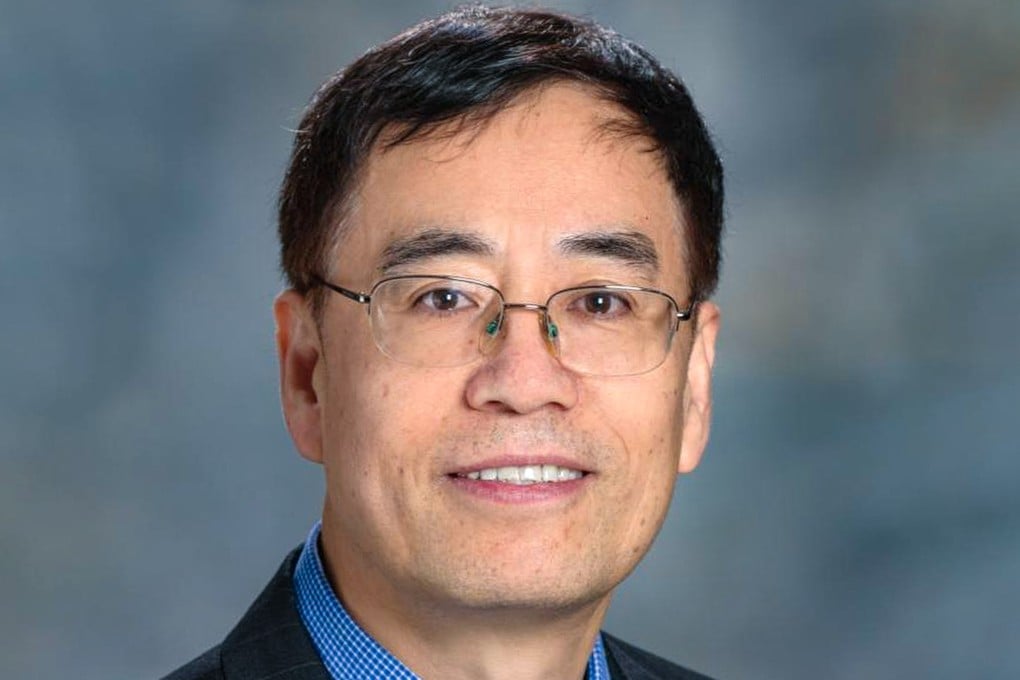World-leading Chinese cancer scientist Sun Shao-Cong has left US for Beijing
Sun has begun work to establish a new immunology lab in Beijing following investigations of him by the US government, a source says

Sun joined the Chinese Institutes for Medical Research (CIMR) as a distinguished investigator in July, he told the Post via email last week.
Known for his pioneering research on T cells – white blood cells that fight infections and destroy abnormal cells – Sun’s roles in the US have included director of the Centre for Inflammation and Cancer at the University of Texas MD Anderson Cancer Centre in Houston from 2014 to 2022.

Since then, he has focused on recruiting for his lab and a new immunology institute. He said his team will study the molecular mechanisms of anticancer immunity, autoimmunity and inflammatory diseases, with an emphasis on T cell function and regulation.
Sun was removed from his position in 2022 after being investigated for his ties to China, a source told the Post on condition of anonymity.
In 2018, the NIH and the Department of Justice launched separate probes into alleged economic espionage and technology theft from China. But the investigations sparked controversy over concerns about racial profiling.